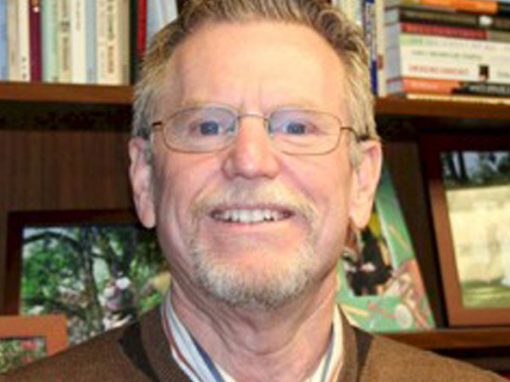
A new storyline
Sharing Martin Luther King’s dream.

Sharing Martin Luther King’s dream.

Whereas the religious power brokers of his day used the table to exclude people, Jesus used the table to include people.

Faculty and staff in the John Wesley Honors College at Indiana Wesleyan University provide a list of information and resources on racial reconciliation.

How can we, as individuals, churches and a movement, address systemic racism and racial reconciliation?

As Wesleyans, we embrace our heritage by taking compassionate action.

How can churches collectively join together and spiritually impact the culture in helping those affected by racism?

A deferred dream became a nightmare on May 25 in Minneapolis.

May God help each of us to see the world through God’s eyes in these days.


How do we teach our congregations to have biblically-charged conversations about race?

Este dolor proviene de noticias de vidas que fueron tomadas violentamente y sin motivo.

This grief comes from news of lives senselessly, violently taken.

My teacher fought for justice and equality alongside Martin Luther King, Jr. Just like him, she refused to let his dream die.

Here are three crucial factors we must consider when approaching and engaging in multiethnic ministry.

Are we willing to leave places of comfort and join others to transform our society in a way that reflects the character and culture of Christ?

Is there something within your community where people have been at odds, standing on two different sides of the fence unwilling to listen to each other or work together?

Today, much of the world and our evangelical church celebrates the courage, work and dream of Dr. King, but it is so easy to forget how disruptive his message was at that time.

While church leaders and congregants began engaging in conversation and serving the community as a result of an August 12 clash between white supremacists and counter-protestors in Charlottesville, a more important course of action took place.

Only one mile away from Emancipation Park, Charlottesville, on August 12, Christians gathered in a predominantly African-American church to pray and worship.

A little girl’s desire to change her skin color is taking a Wesleyan pastor and his family on a journey they never expected.

Pastors’ friendship leads to expanded conversation about racial tensions in the U.S.

Martin Luther King, Jr., explained the cyclical destruction of violence. General Superintendent Wayne Schmidt calls us to be people who drive out darkness and hate with the light and love of Jesus.

A Wesleyan district superintendent gives his thoughtful and passionate response to the national trauma over racial violence.

I ask that we all take time to pause and engage first in prayer, and then in the righteous, reconciling lifestyle of love that Jesus Christ himself modeled for us.